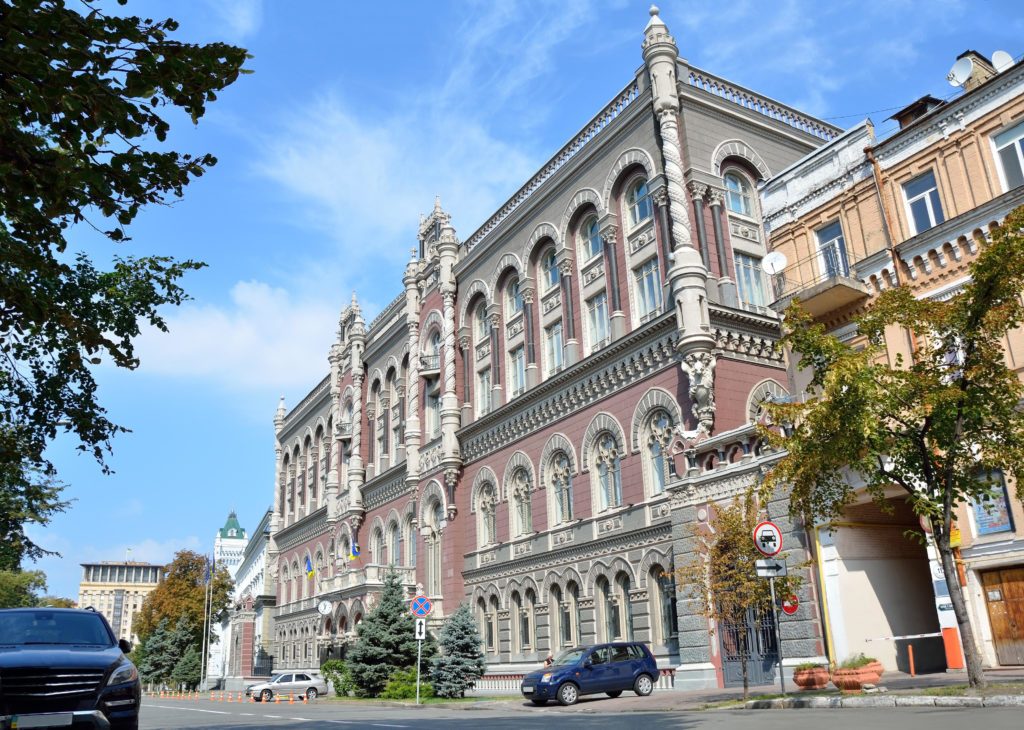KYIV
Ukraine received $2.7 billion from the International Monetary Fund’s issue of new Standard Drawing Rights to help put the world economy back on the post-COVID track.
Funds are part of the IMF’s “free and unconditional” general allocation of $650 billion for emerging and developing countries, of which low-income countries will receive about $21 billion – equivalent to as much as 6 percent of Gross Domestic Product (GDP) in some cases.
“The allocation is a significant shot in the arm for the world and, if used wisely, a unique opportunity to combat this unprecedented crisis,” the IMF said in a statement.
Ukraine, which is engaged in months of hard slog to secure new disbursements of IMF funds, hailed financial support from the Fund and the country’s President Volodymyr Zelensky said earlier this month that “funds would help overcome the consequences of the coronavirus crisis and stimulate our economy.”
The money was paid to the central bank on the eve of the 30th anniversary of Ukrainian independence and just before Ukraine faces $3 billion in debt payments due in September.
“Ukraine will calmly pass the peak of debt payments in September,” Yaroslav Zheleznyak, First Deputy Chairman of the Parliamentary Committee on Finance, Tax and Customs Policy, said.
Ukraine is in talks with the IMF over further allocation from a $5 billion standby credit arrangement. Only a first instalment of $2.1 billion has so far been released.
The new Fund mission plans to hold talks in the ex-Soviet state in September to settle outstanding issues related mostly to central bank independence, judicial reform and observance of normal corporate governance.
At least one government minister has said in recent months that Ukraine’s budget situation would be “uncomfortable” unless new IMF credits were forthcoming.
Ukraine edged closer to meeting IMF demands in July when parliament overcame resistance from opponents of judicial reform and passed legislation on who is to sit on the 16-member High Qualification Commission of Judges, which selects and evaluates justices.
That body is appointed by the High Council of Justice — on a strictly competitive basis. A selection commission will examine candidates and will include three foreign experts with the right of veto on appointments.
Corporate governance issues surged to the forefront in discussions with Ukraine’s western backers after the head of state oil and gas company Naftogaz was dismissed by cabinet order, bypassing the company’s own structures.
U.S. Secretary of State Antony Blinken referred directly to that incident when he told Zelensky and other officials during a visit to Kyiv that they faced the twin challenge of aggressive behaviour by Russia and “aggression from within, coming from corruption”.
Earlier in August, Zelensky signed into law a bill setting out details of corporate governance for banks – as sought by the IMF – saying it would “facilitate stability in the banking sector and strengthen the rights of depositors and other creditors”.

